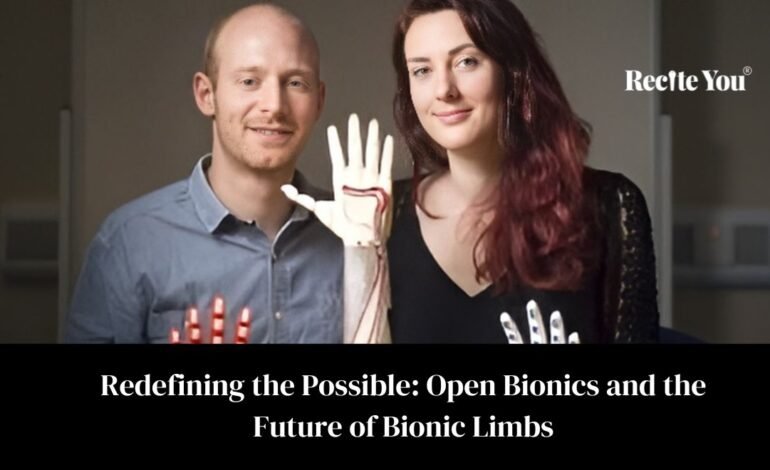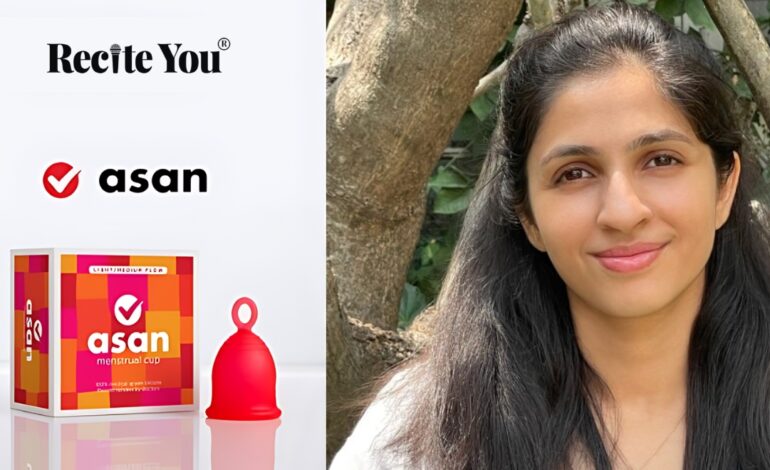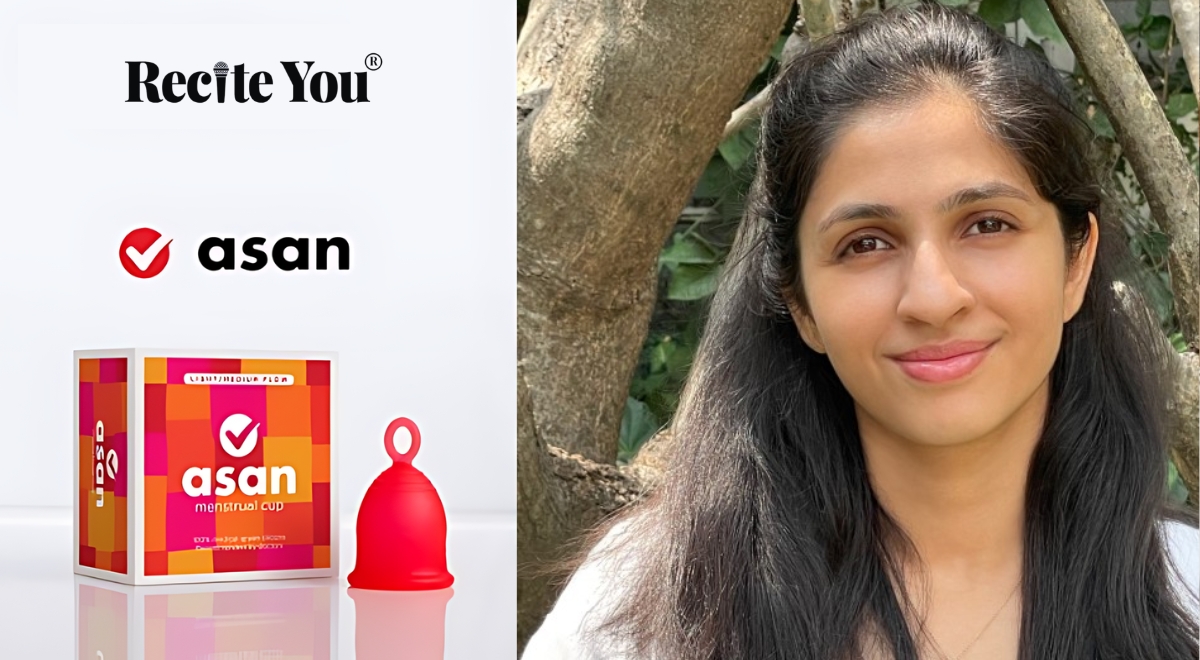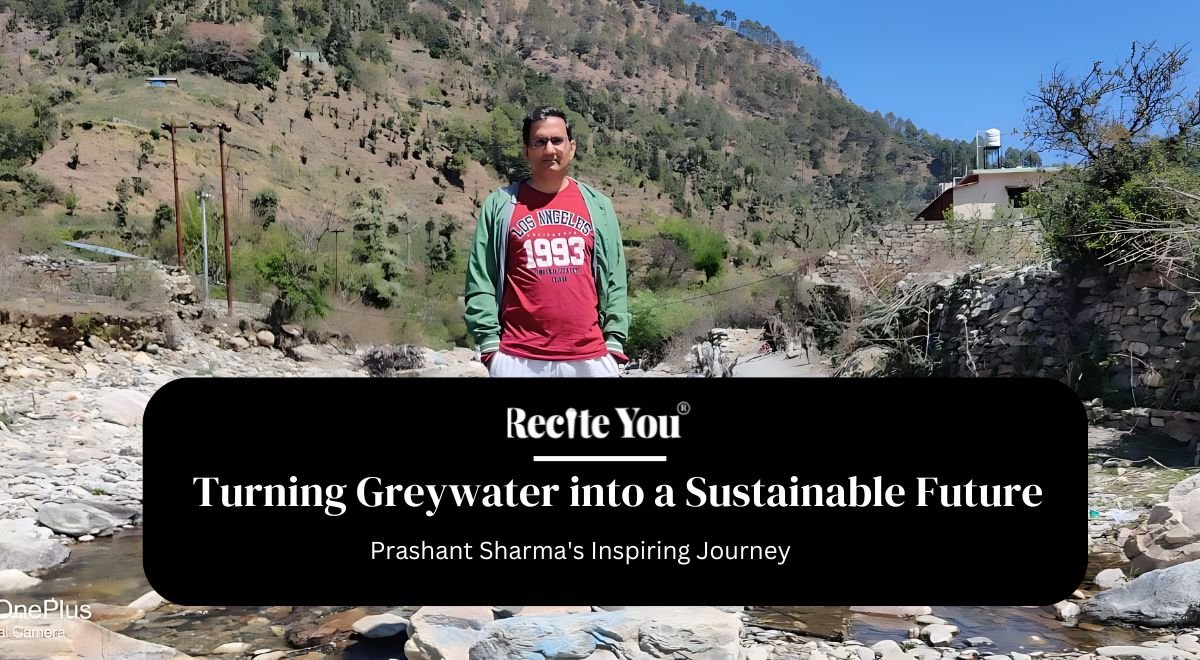Turning Greywater into a Sustainable Future: Prashant Sharma’s Inspiring Journey
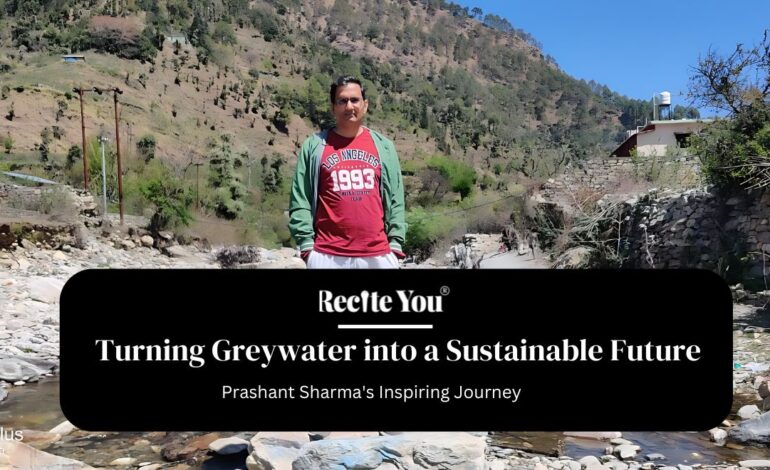
Prashant Sharma quit his well-paid corporate career and implemented a charity focused on the issues of water shortage and non-conventional water reuse in schools in India. His success story is an inspiring success story of great tenacity that demonstrates that the world is not short of opportunities for the creative mind.
Prashant Sharma’s Introduction
Prashant Sharma: This is the story of one man who courageously rushed to the future leaving behind a world in which the fears of global water shortage prevailed as a major threat. Born in India, Prashant Sharma is a program manager at one of the prominent London-based IT firms, when he decided to take a risky leap and quit his high-paid job to fight a major environmental problem back in his home country. For the record, through his non-profit organization, Positive Action for Child and Earth Foundation, he has tried to bring greywater recycling measures to Indian schools, colleges, and institutions as a precursor to a sustainable tomorrow.
As Prashant himself mentioned, “Water is one of the biggest problems in the world today and my stay in Chennai, made me realize how bad it can get when there is no water” Hence recycling the grey water at the source can be a sustainable solution and reduce the pressure put on the fresh water.
Prashant Sharma: The Founder
Background and Expertise:
Even though Prashant Sharma realized his passion for the environment early in his professional career, the environment was not his primary passion at the start of his career in giants like Shell, IBM, Accenture, etc, and British Petroleum. Before joining the company, he had grown to appreciate the concept of sustainable practices when he was working elsewhere. He embraced the recycling and segregation of wastes to the ribs in his neighborhood as well as initiated environmental awareness creation with passion and determination.
Motivation for the Startup:
June 2019 was a significant month in Prashant’s life when he visited Chennai, India during the water crisis that is famously referred to as “Day Zero”. This poor man was directly acquainted with water insecurity when he was forced to go without clean water for his family. This led to a worsening of his depression, alongside his frustration with the corporate lifestyle and structure, he found solace in the cause of water conservation and the practical implementation of efficient water use.
Prashant reflects on how the time spent on the project made it difficult for him to ignore the effects of water scarcity when he could see them first-hand. “That was the turning point in my life when I was in Chennai that made me realise and pave the way for creating a positive social change. ”
Product Development and Market Entry
Developing the Product:
The greywater recycling system that was designed by Prashant reflects his passion for sustainable development and his sensitivity toward the difficulties of communities that have to deal with water shortages. Conducting rigorous research and development, he refined the Constructed Wetlands technology to do the task of filtering and purifying water correctly and without any compromise.
Indeed, Prashant further speaks to this effect, ‘we are not creating a product here; we are building a solution that can change the lives of many. ’‘From the macro level right down to the micro level, every aspect and any component added has to be optimized to the hilt. ”
Entering the Market:
Equipped with his creative product, Prashant started the Positive Action for Child and Earth Foundation in 2022. He started installing greywater recycling systems in schools and other educational facilities in Delhi and Uttarakhand as this sector required urgent intervention for water management. His actions have made it possible to recycle 600,000 litres of fresh water every year, a feat that now shows the effectiveness of his innovation.
Education remains the cornerstone on which we put up structures that will make the future sustainable,” remarks Prashant. Incorporating grey water recycling in schools; Consequently, not only are we saving water but we are also sowing a seed in the future leaders.
Growth and Expansion
Key Milestones:
Some of the major achievements in Prashant’s career can be described as follows, all of which prove his commitment to duty as well as the significance of his endeavours. Beginning from the provision of funds to launch the non-profit, passing by the idea of the development of cooperation with local communities and educational institutions, his non-profit has constantly evolved and developed a unique approach to the problem of water loss.
Prashant muses though: “Every milestone is a stepping stone to a greater goal. ”‘Every success only ignites the flame within us to go a step further and to touch more lives. ’
Scaling the Business:
Since most water management solutions are becoming sustainable to meet the world’s needs, Prashant is now seeking ways how he can bring his business to another level. He dreams of his greywater recycling systems being installed in schools, colleges, and institutions and playing their part to ensure water adequacy in India and promote sustainable solutions to environmental concerns.
This is no traditional business model,” proclaims Prashant, “Our mission is not limited by boundaries or borders. As a company with a vested interest in the global environment, we plan to spread our solution around the world town by town, city by city, and country by country till the issue of lack of fresh water is eradicated. ”
Challenges and Lessons Learned
Ongoing Challenges:
Nevertheless, the experience has not been without some form of competition and or hardship in the course of pursuing his goals and achieving the successes he has recorded. The ongoing fight with which he is confronted is the attempt to obtain financing, work his way through the bureaucratic red tape, as well as educate the public concerning the significance of greywater recycling. Nevertheless, he did not lose focus and has somehow braved the odds and remained focused and determined to achieve the cause he champions.
“I can just say every challenge is a feat, is a learning, is a process of enhancing strategies,” Prashant contributes. “And this we take as positive steps in our journey towards a better understanding of the problems we seek to solve. ”
Lessons Learned:
Therefore, looking into the aspects of learning in Prashant’s journey, it is possible to differentiate between the crucial lessons he has received during the course of the narrative. He stresses the issues such as determination, flexibility and really focusing on the people he is targeting to sell his products to. Prashant has also realized the importance of teamwork in addressing problems, not just through the adoption of technical solutions but through people’s, organizations and governments’ cooperation towards the target.
”Success is not an individual process,” Prashant re-emphasizes. “It is the outcome of a difference in opinions and unity in action by embracing a common goal of improving the future. ”
Future Plans
Short-Term Goals:
In the short term, Prashant provided greywater recycling systems to many schools and other educational institutions in India. He also intends to contact various authorities and government bodies in order to increase environmental consciousness of the advantages of greywater recycling and to promote the usage of similar technologies to a greater extent.
“I now know that the future is made from today’s work”: Prashant. “Through supporting sustainable community and institutional development, we are providing the framework for positive evolution that will adapt our world towards greener and more sustainable water use.”
Long-Term Vision
With this long-term vision, Prashant has set quite a lofty goal for his company, but they should be able to achieve that easily. He dreams of a world where the utilization of grey water will not only be confined to educational facilities but is already in use in homes and business establishments. In proving the simplicity and the cost aspect of his proposal, he aims to have a new way of managing water resources passed on through generations to ensure an improved future of water resource management.
“I couldn’t agree more”, Prashant responds emphatically to this assertion about the nature of his work, ‘Our work is not just about addressing the present. ’’It is about creating a system that will outlive the individual, that will create a perfect world that ought to support human life.”

